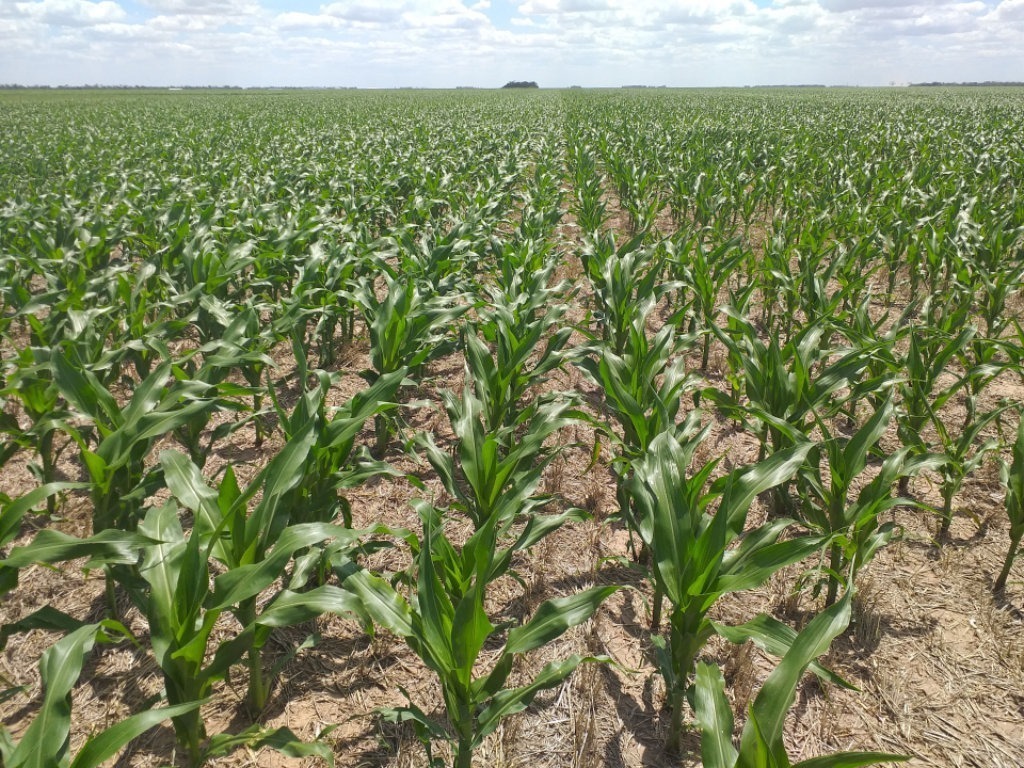Direct sowing, zero tillage or green sowing, is a revolutionary methodology based on conservation tillage that fertilizes and helps permeabilize and ventilate soils; It prevents both the wear and leaching of organic matter and the generation of CO2 (carbon dioxide) or greenhouse gases (GHG) caused by traditional plowing in the substrates.
It is also noted that one of its benefits is the integration of agricultural and livestock activities.
In this symbiosis, the cattle, in exchange for the food provided by the pastures, return nutrients to the soil, facilitating the generation of organic matter.
Promoted 30 years ago by the Argentine Association of Direct Sowing Producers (Aapresid) this technique evolved, and is today a global paradigm of sustainable agricultural production, which the FAO has called Conservation Agriculture (CA).
The old tillage
In the 20th century, in the Argentina and in United StatesIn the 15th century, among the Incas, there were pioneers who did not use the conventional methodology of the plow.
The antagonism to the plow claims to progressively decline the productivity emissions from soils and, at the same time, injects oxygen into the subsoil, which then generates and disperses GHGs into the atmosphere.
In truth, the ancient plow has its millenary benefit: to provide immediate - but not perennial - fertility to the soil. Tilling releases nutrients from the substrate and quickly boosts productivity.
The downside is that continuous tillage does not last forever. The soil loses fertility. And the farmer resorts to artificial fertilizers. Or he abandons tillage.
Agri-food challenge after Russia's invasion of Ukraine
The green planting offers its contribution to the crisis caused by the war between Russia and Ukraine and its effect on the supply of grains to the world. Both countries are among the five largest grain exporters.
Argentina, Brazil, and most notably, Paraguay, are the main fields of Latin American experimentation of this technique, with almost 30 million hectares under cultivation.
Marcelo Torres, vice-president of Aapresid, told the Argentine newspaper Infobae that the war in Ukraine demands a consistent approach to regional agri-food production with science-based methodologies. He celebrated that today "Argentina and the region are leaders in producing food, fiber and energy with a lower carbon footprint, under schemes based on science and technology". In this regard, he stressed: "we have the knowledge, the experience and the tools".
In view of the controversy over the use of herbicides to combat the weeds that this methodology requires, scientific opinions put forward clear environmental benefits, since by reducing plowing, soil erosion is avoided. At the same time, they stress that there are herbicides that are harmless to the environment and low cost.
Alejandro Petek, president of Aapresid, maintains that no-tillage in only 10% of the crop area can "reduce up to 60% the environmental impact associated with the use of herbicides and halve the number of applications". It also implies "reducing the use of nitrogen fertilizers of synthetic origin by 900,000 tons", as well as "taking advantage of 9.5 billion liters of water, and maintaining the water balance at regional level".
Uruguayan Association for Direct Sowing - AUSID (external link)



